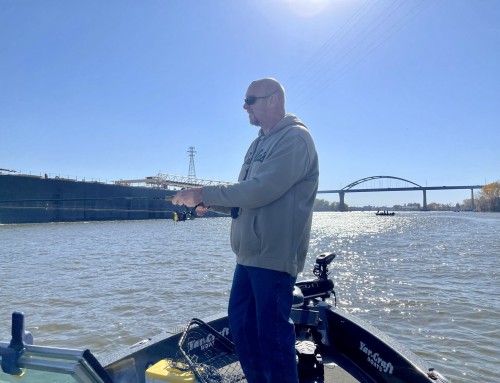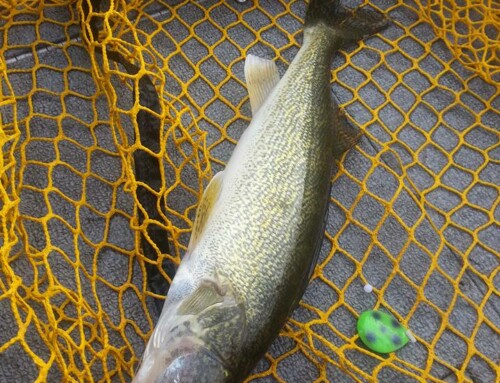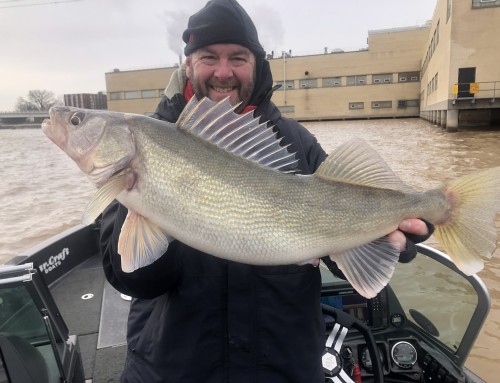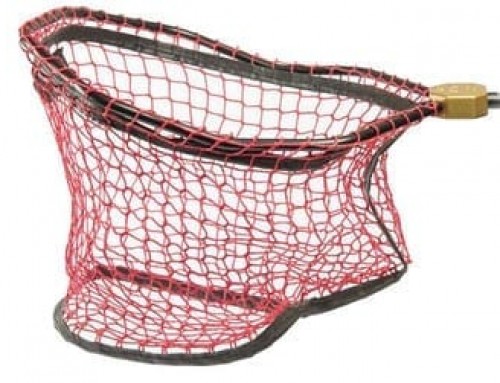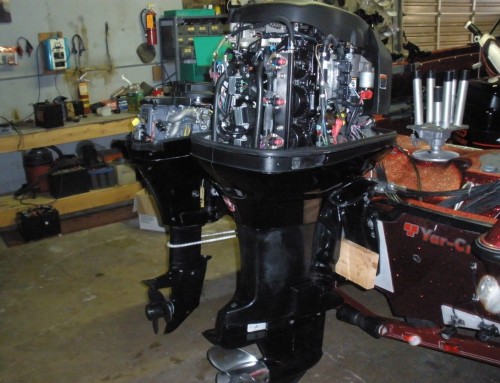By: Mark Schram
Flashback: it is 1971, and a wee little lad has been chosen by his grandparents to travel north to the family property in Birchwood, WI. I had waited my whole life for this opportunity– a total of 6 years. For months I acted as an angel so the trip would happen. I had no idea what Birchwood was, but I wanted to go more than anything else in the world. What I didn’t know back in 1971, and maybe just realized in the last year or so is that everything I ever needed to know about fishing was going to be taught to me in the next seven days.
Our family land has three private lakes, each about 15-20 acres. The surrounding land is forest land, and has never been improved, with the exception of a small trailer (1954) and a shed which is used to store some ancient supplies. No bathroom, running water or electricity (even to this day) are on the premises. To me, this is one of the most pristine and glorious place on the face of the earth.
My Grandma was an ornithologist and teacher and had a passion for birds and bird watching. She also had an intense knowledge of everything wilderness, from the plants which grew on the forest floor to the animal tracks which marked the mud. She also knew how to untangle a six year old’s cane pole, so I felt this to be one of her greatest attributes.
We traveled into metro Birchwood, population 538, to get the provisions we needed for the day. Fresh water, food, bug spray, worms and the boat. The boat was glorious in my estimation. A 12 foot row boat made of thin aluminum, with bubblegum and the 1950’s equivalent of marine goop patching the holes in the bottom to prevent the water from gushing in. A rusty old tin can lay on the floor of the boat for bailing water, just in case some of the gum became too brittle. The old wooden oars were weathered and cracked, but still seemed to have some life left in them.
Once back at the property, we carried the boat down to the front lake. The other two lakes are inaccessible from the main road, and one of the lakes has never been fished in the 70 years we have owned the property. To get to the third lake requires maneuvering the boat through the forest, down a steep embankment and thru approximately 30 acres of woods. In today’s world with four wheelers it is achievable, but unfathomable back in the 1970’s.
Grandma loaded me up on the hot aluminum bench seat of the boat, secure in my bright orange floatation device. Grandpa gave us the heave ho from shore while losing a shoe in the muck of the soft mud. Grandma rowed our barely functional boat to her favorite spot on the lake—a point directly related to deep water. Lesson: Location, location and location.
If I was going to fish, I would have to bait my own hook. I grabbed the ancient cane pole, and threw a small temper tantrum. Grandma said she would show me how to hook the first worm, but I was six now, and would have to fend for myself the rest of the week. The worm was rigged, so I whipped that cane pole into the water, bobber and hook in one direction and the worm in the other. Guess who had to put the worm on now? Lesson: Fish or cut bait, either way you have to bait the hook.
Once re-baited, grandma suggested that I “gently place” the bobber along the lilly pads, because that was where the big fish hang out. The bobber landed in the exact location I was hoping for—the water. I sat patiently as I expected the fish to be on the hook within seconds. Grandma taught me quickly to wait, be prepared, and sit quietly until the fish made our offering a meal. Lesson: Fishing is a finesse sport.
All of a sudden, the bobber disappeared, and we had action. I ripped that cane pole so hard; there was no way this fish was ever getting off the hook. I had instantaneous turned a bluegill from a fresh water fish into a flying object. Grandma explained all about the appropriate method of setting a hook. Lesson: A fine touch is required to be successful.
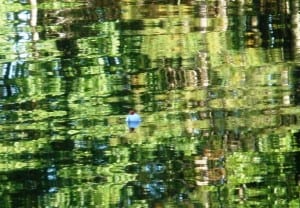 Of course I had to take the fish off the hook. Grandma supervised me to ensure the fish was not going to be harmed. I was so excited to keep and eventually eat that Bluegill. Grandma had other ideas. I remember her saying that it was too small to eat, and that I had better get my bait back in the water so that we could have dinner that night. Lesson(s): This was my first exposure to selective harvest and fishing under pressure.
Of course I had to take the fish off the hook. Grandma supervised me to ensure the fish was not going to be harmed. I was so excited to keep and eventually eat that Bluegill. Grandma had other ideas. I remember her saying that it was too small to eat, and that I had better get my bait back in the water so that we could have dinner that night. Lesson(s): This was my first exposure to selective harvest and fishing under pressure.
As the day went on, we caught some eater- sized bluegills. We returned back to the home base to meet grandpa, who was anxiously awaiting our return with his filet knife. He walked over to the tree which had a small board attached to it. The make shift table wobbled as he placed a fish upon it. Next the scales were flying and I was petrified. Then the head of that fish came off, and I ran to the hills. How could my grandpa do that? He said it was for the raccoons which would show up later that night. I thought that was pretty cool. Lesson: Everything in the wilderness gets recycled.
That evening grandma fired up the propane stove inside the trailer. A couple mice got a quick education about heat, and scurried out of the trailer. Grandma’s secret recipe started with bacon grease as the main ingredient. To this day, I have never found a coating which has better taste. Grandpa made me eat the tail of the first “keeper” fish I caught. Fried within the special concoction of grandma’s method, the tails were crispy good. Lesson: Bacon goes well with everything.
It is now forty years later, and I have I taught my sons the delicate art of fishing in Birchwood, on the same lake, with the same methods, and a little newer boat with less bubblegum in it. They experienced many of the same reactions I had at 6 years old, so it was incredible to think how they just might teach my grandkids the same way. Above all else, the lessons which were ultimately taught and learned was an appreciation of Nature, which gets overlooked so much in today’s society. Thanks Grandma!

